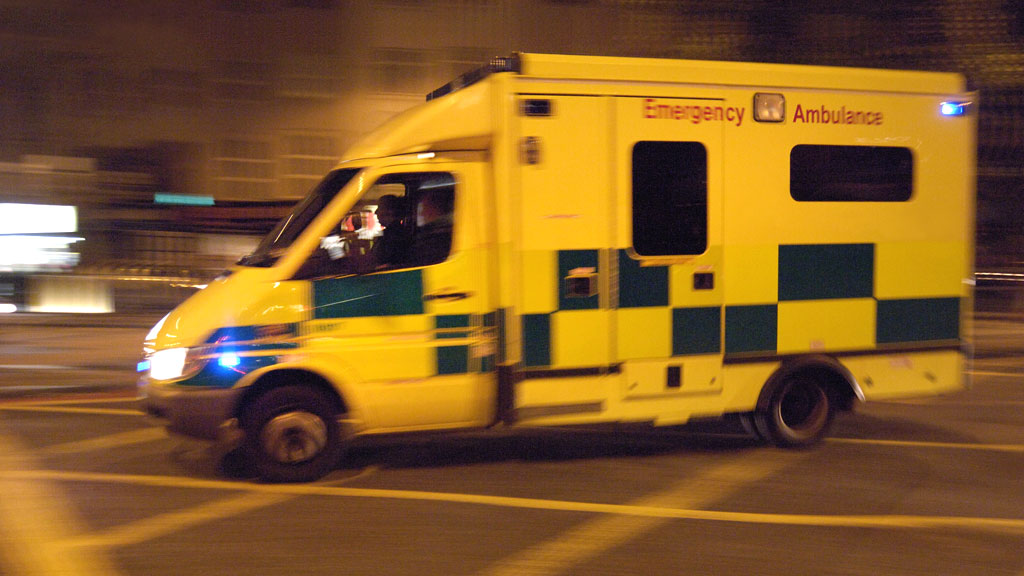A&Es to get emergency £500m boost over two years
The government pledges £500m to help relieve pressure on struggling services. But against a backdrop of widespread NHS cuts, the BMA says the money is merely “papering over the cracks”.

The money announced by Prime Minister David Cameron covers the next two years and is aimed at cutting waiting times over the winter, and improving the troubled 111 phone service.
There has been a major rise in the number of people using the emergency care system: over a million more people attend A&E than three years ago, which experts say is a result of problems with non-urgent care after doctors’ surgeries are closed.
The cash injection follows criticism from MPs on the Health Select Committee, which said plans to tackle problems in A&E were not robust enough.
Long term demands
However Mike Farrar, chief executive of the NHS Confederation, said: “These payments will be useful in the short term, but we need the system working together to tackle the challenges we are facing if we are to get a longer term solution.
We need the system working together to tackle the challenges we are facing if we are to get a longer term solution – Mike Farrar, NHS Confederation
“This money must be used to help divert work away from hospitals as well as to compensate trusts fairly for the extra work they are undertaking.”
The British Medical Association (BMA) said: “It is right that the government is finally listening to the concerns of doctors and patients but, at a time when they are demanding cuts of £20bn across the NHS, this is nothing more than papering over the cracks.”
The new funding is aimed at those A&E departments identified as being under the most pressure and will be targeted at ‘pinch points’ in local services.
Cut waiting times
Proposals include improving joined up services between hospitals and care homes, increasing the opening hours of walk-in centres and chemists, and getting consultants to review patients arriving by ambulance, to ensure care is assessed at the earliest opportunity.
NHS England’s medical director, Professor Sir Bruce Keogh, is currently leading a review of urgent and emergency care and is expected to report in the autumn.
Health Secretary Jeremy Hunt said: “This £500m will help A&E departments to prepare for winter and give patients confidence that they can quickly access safe and reliable emergency care.”




